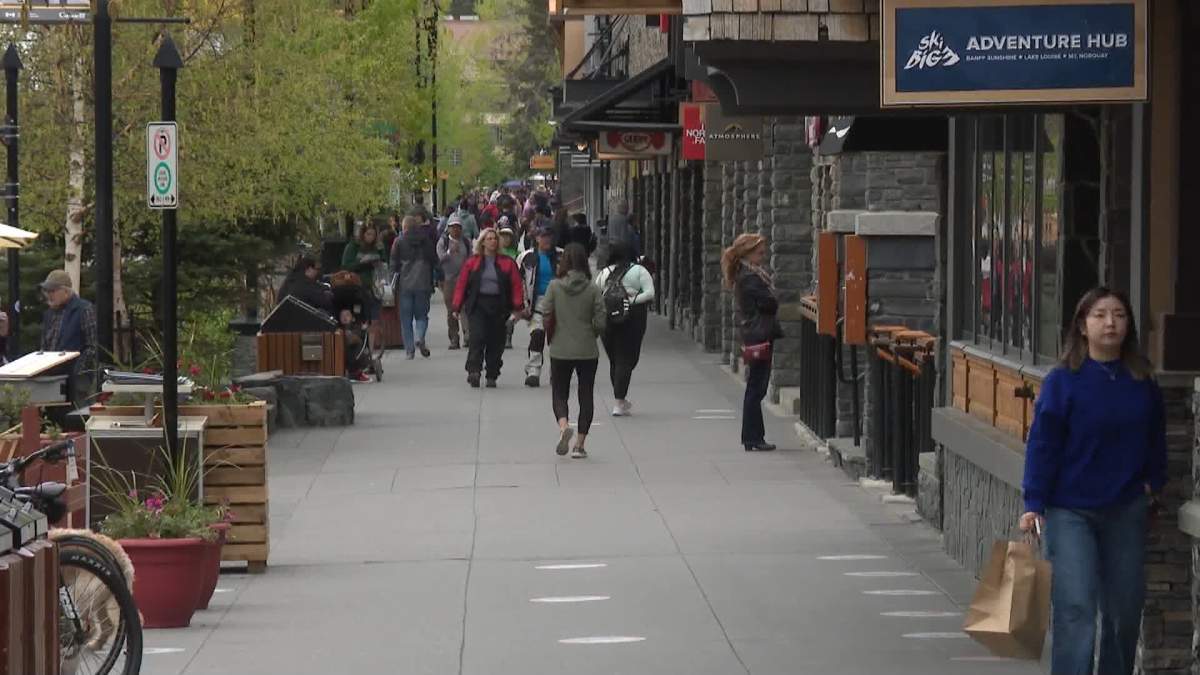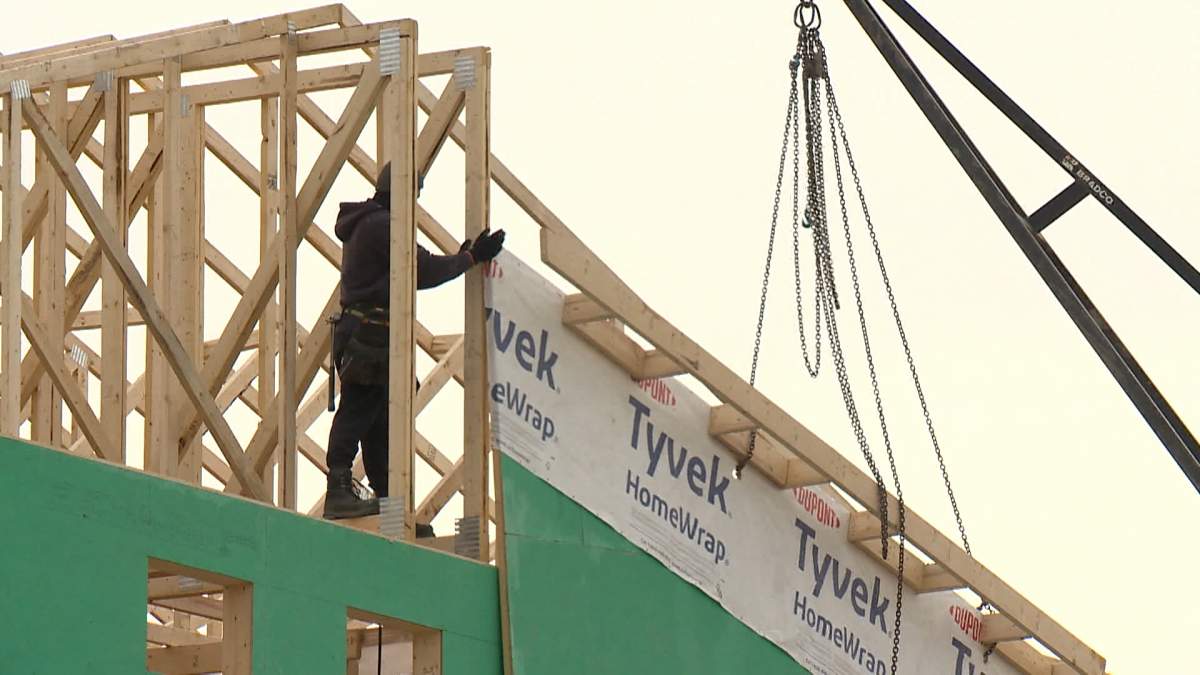Alberta’s municipalities can apply for a new provincial infrastructure grant, but Municipal Affairs Minister Ric McIver says more funding is needed.

The province aims to distribute a total of $20 million each year for the next three years.
McIver says the program is meant to help fast-growing mid-sized cities with populations under 200,000 address infrastructure needs such as sewer systems, roads and water lines.
Some of the projects will be cost-shared, with the local government and province each picking up 50 per cent of the cost.
To be eligible, the infrastructure project must:
- Address challenges as a result of rapid population growth;
- Increase affordable and attainable housing supply;
- Attract commercial/industrial developments that would lead to permanent jobs in the community; or
- Help address challenges as a result of increased tourism
Part of the funding will also be set aside for municipalities with fewer than 10,000 people.
McIver says the program will likely be oversubscribed given the limited funding available and the widespread need for additional infrastructure funding across the province.

Get daily National news
“Like many Alberta municipalities, Lethbridge is experiencing growth pressures,” says Lethbridge Mayor Blaine Hyggen.
“The Local Growth and Sustainability Grant offers essential funding opportunities for our priority projects, such as expanding the Wastewater Treatment Plant and enhancing efforts to recruit more healthcare workers,” Hyggen adds.
he NDP candidate for Lethbridge-West, Rob Miyashiro, says he’ll wait to see how the rollout of the program goes, but he doesn’t think it will be “the difference-maker the (Alberta government) think it is.”
“In Lethbridge alone, we have almost $1 billion of needs for our water treatment plant and wastewater facility,” Miyashiro said.
Alberta Municipalities, the organization that represents mid-sized cities, estimates the province has a $30-billion infrastructure deficit.
President Tyler Gandam, who is mayor of Wetaskiwin, says the new program is a step in the right direction, but is a “far cry away” from addressing municipal infrastructure needs.
Gandam pointed to the city of St. Albert, northwest of Edmonton, which is currently facing a nearly $70 million bill for major storm water and wastewater upgrades.
The city paused approvals on most development in the northeast part of the municipality in 2022 because it determined the existing sewer system’s capacity had reached a breaking point.
If the city wants development in the area to resume, it will need to take on debt to fund an increase in the sewer system’s capacity.
However, the estimated $70 million debenture means the city would have limited resources available for other critical projects, such as a new fire station and firefighters to staff it.
Between July, 2023 and July, 2024 Alberta’s population grew by about 200,000 people, or 4.4 per cent, which was the highest growth rate of any province.
Over the same period in 2022 and 2023 Alberta’s population grew by 3.9 per cent.
— With files from Ken MacGillivray, Global News







Comments
Want to discuss? Please read our Commenting Policy first.